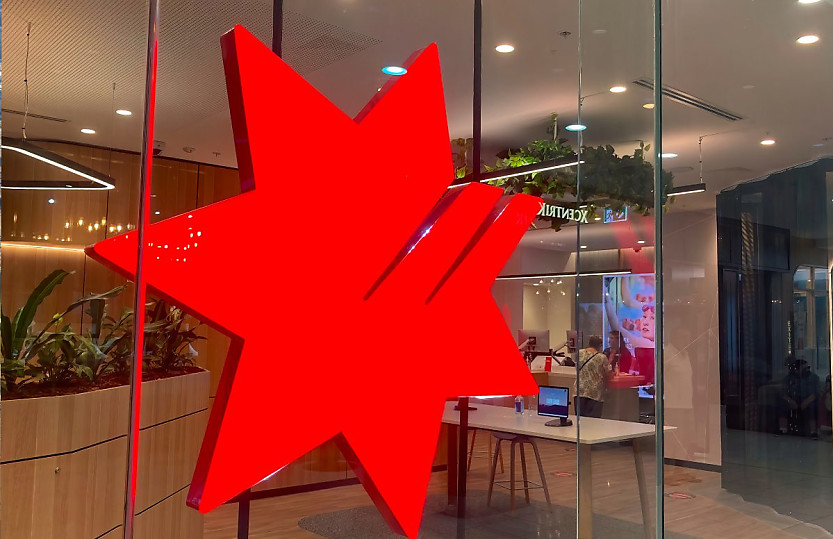Declining business conditions ‘improve inflation outlook’

NAB’s December survey shows economic growth remains on a downward trajectory, helping to ease the growth of prices and costs.
Business conditions declined last month while confidence remained in negative territory, a sign economic growth is slowing down and inflation is easing, according to NAB.
Business conditions fell 2 points to +7 points in December while confidence rose 8 points to -1 points, the bank’s monthly business survey showed.
Chief economist Alan Oster said the decline in conditions observed in December was “particularly notable” in manufacturing and construction.
“But conditions rose in recreation and personal services and transport and utilities so there are different movements occurring across sectors,” he said.
Mr Oster said the results continued the downward trend observed last year as the economy slowed. “Conditions started 2023 at a very elevated level but gradually eased over the year,” he said.
As measures of business conditions, trading conditions fell 3 points to +10 points and employment was also down 2 points to +7 points. Profitability remained steady at +6 points and capacity utilisation edged lower to 82.7 per cent.
“Overall, the survey results show that economic growth had eased considerably by the end of 2023 after performing better than expected for much of the year, and this slowing is beginning to translate into improvement in inflation indicators,” the survey said.
It found there were “clear signs” of further easing in input cost pressures in December, with “sharp” declines in quarterly labour cost growth (1.8 per cent, down from 2.3 per cent in November) and purchase cost growth (1.6 per cent, down from 2.5 per cent).
Price growth eased to 0.9 per cent (from 1.2 per cent), with retail price growth slowing to 0.6 per cent (from 1.8 per cent).
“The improvement in the survey’s seasonally adjusted price measures likely signals some easing in the underlying pace of inflation,” it said.
The survey also found a “broad-based lift” in business confidence, led by mining (up 28 points) and retail (up 24 points).
However, most industries were still in negative territory except for mining, transport and utilities.
“Overall, both confidence and conditions are softest in manufacturing, retail and wholesale which reflects that consumers have been cutting back on spending as time has gone on,” Mr Oster said.
“There was an encouraging pickup in confidence in the retail sector in December, but it remains to be seen if this will be maintained.”
CreditorWatch chief economist Anneke Thompson said the survey results were “good news” for the inflation outlook.
A reduction in labour and purchase cost growth meant that “businesses are reporting a noticeable moderation of labour and input costs”, she said.
“Capacity utilisation also fell to 82.7 per cent, down from 83.6 per cent. This measure is a very good forward indicator of unemployment, and means that the unemployment rate should rise slowly over the first half of this year, as the RBA has forecast.”
Ms Thompson said she expected the decline in business conditions to continue through early 2024 and for conditions to remain below the long-run average at least until the cash rate started to fall.
About the author







